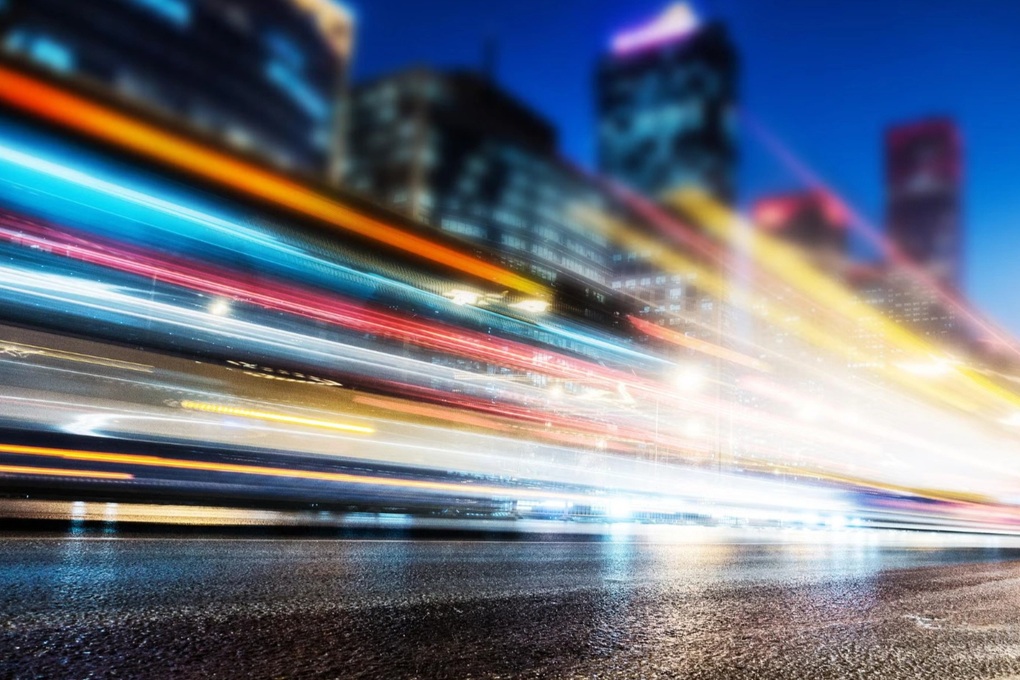
Physicists once tried to "chase" light (Illustration: Getty).
The story spans centuries, from Galileo's failed experiment to Einstein's modern verifications, explaining the seemingly impossible.
From Galileo to the first measurements of the speed of light
Before the 17th century, most theories believed that light propagated instantaneously, or that its speed was absolute. However, Galileo Galilei became the first person to doubt this hypothesis.
In 1638, he and his assistants conducted an experiment on two mountains, using lanterns with the aim of measuring the delay of light. However, the delay was so small (on the order of microseconds) that the equipment and human reflexes of the time could not measure the actual speed of light. Despite the failure, Galileo concluded that light, “if not instantaneous, must be extremely fast.”

Galileo's experiments helped him discover that the speed of light is finite, but this number is extremely large (Photo: Medium).
Just a few decades later, astronomer Ole Römer made the first estimate. Looking at Jupiter's moon Io, he noticed that the timing of Io's passage into and out of Jupiter's shadow varied with Earth's position in its orbit.
This cumulative discrepancy of more than 10 minutes was explained by Römer as the result of the extra time it takes for light to travel the longer distance. From this, he estimated the speed of light to be around 214,000 km/s, a revolutionary result at the time.
In 1849, physicist Hippolyte Fizeau first directly measured the speed of light using a high-speed rotating gear combined with a reflecting mirror placed 8 km away.
When the gears rotated so fast that light was blocked by the next tooth, Fizeau calculated a speed of about 315,000 km/s, within 5% of today's value. This was the turning point that made light a subject of quantitative study rather than a hypothesis.
Einstein and the Absolute Limits of the Universe
The biggest question remains: why is the speed of light the ultimate limit? In the early 20th century, Albert Einstein solved this problem with his famous theories.
He asked the question: if a flashlight were mounted on a rocket moving at high speed, would the light emitted exceed the light in a vacuum? The surprising answer was no, because time and space are not absolute.
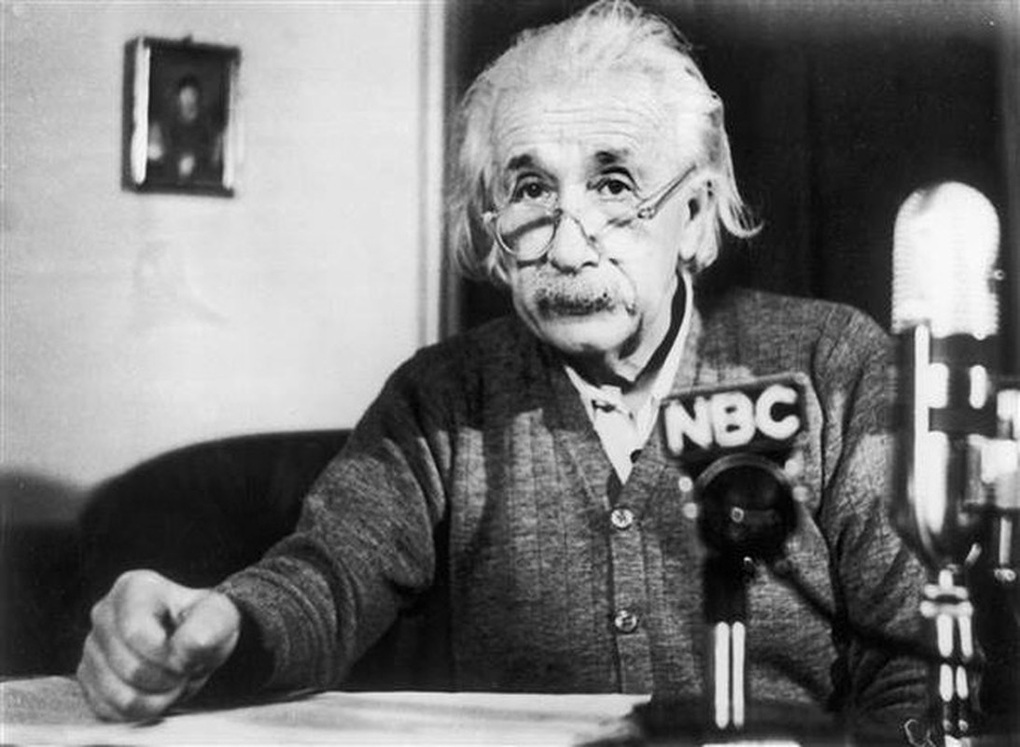
Albert Einstein solved the problem of light with his theory (Photo: Getty).
According to the special theory of relativity (1905), when an object moves fast, its mass increases, and at the same time time slows down. When it reaches the speed of light, time stops, mass becomes infinite and cannot accelerate further. That makes it impossible for any particle of matter to outpace light.
Later experiments gradually confirmed Einstein's theory. In 1964, MIT researcher Bill Bertozzi accelerated electrons and discovered that as electrons approached the speed of light, they became so heavy that they could no longer accelerate.
In the 1970s, two physicists, Joseph Hafele and Richard Keating, took cesium atomic clocks on a plane to fly around the world . When they returned, the clocks were running slower than the standard clock in the laboratory. This was clear evidence of time dilation.
Nowadays, even GPS systems on satellites must calculate time corrections according to the theory of relativity. If ignored, the positioning error can be up to kilometers, causing the entire modern mechanical system to collapse completely.
The speed of light is therefore not just a dry number, but a fundamental limit of nature, the foundation of modern physics and technology.
From Galileo's failures, Römer's progress, Fizeau's ingenuity to Einstein's genius, the story of light has proven one truth: in this universe, nothing can go faster than light.
Source: https://dantri.com.vn/khoa-hoc/trong-vu-tru-co-thu-gi-nhanh-hon-anh-sang-20250929072502675.htm


![[Photo] Panorama of the cable-stayed bridge, the final bottleneck of the Ben Luc-Long Thanh expressway](https://vphoto.vietnam.vn/thumb/1200x675/vietnam/resource/IMAGE/2025/9/30/391fdf21025541d6b2f092e49a17243f)
![[Photo] The 1st Congress of Phu Tho Provincial Party Committee, term 2025-2030](https://vphoto.vietnam.vn/thumb/1200x675/vietnam/resource/IMAGE/2025/9/30/1507da06216649bba8a1ce6251816820)
![[Photo] Solemn opening of the 12th Military Party Congress for the 2025-2030 term](https://vphoto.vietnam.vn/thumb/1200x675/vietnam/resource/IMAGE/2025/9/30/2cd383b3130d41a1a4b5ace0d5eb989d)

![[Photo] President Luong Cuong receives President of the Cuban National Assembly Esteban Lazo Hernandez](https://vphoto.vietnam.vn/thumb/1200x675/vietnam/resource/IMAGE/2025/9/30/4d38932911c24f6ea1936252bd5427fa)
![[Photo] General Secretary To Lam, Secretary of the Central Military Commission attends the 12th Party Congress of the Army](https://vphoto.vietnam.vn/thumb/1200x675/vietnam/resource/IMAGE/2025/9/30/9b63aaa37ddb472ead84e3870a8ae825)
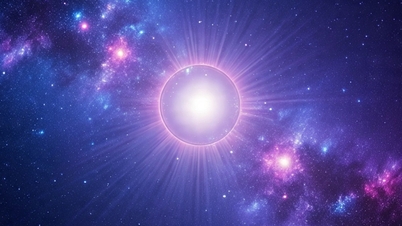


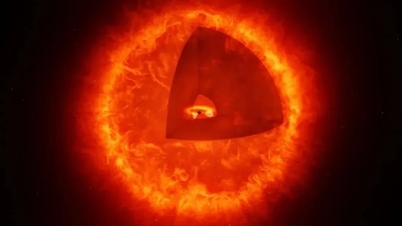

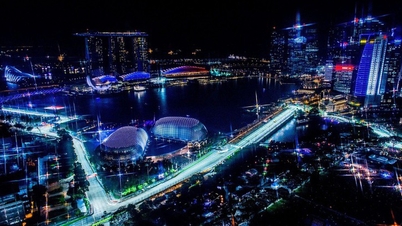

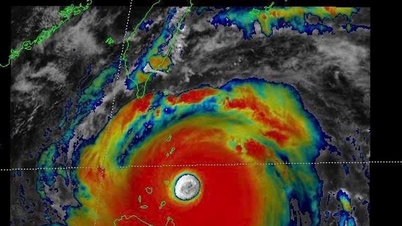

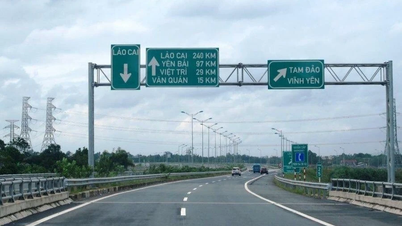

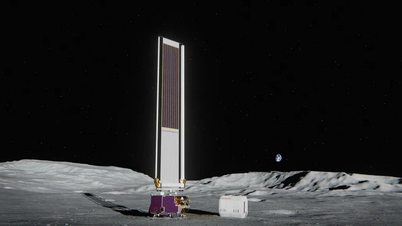






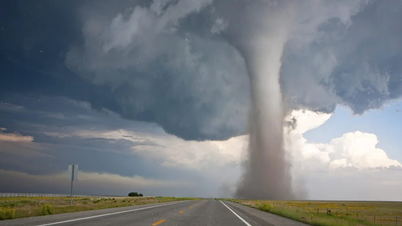




























































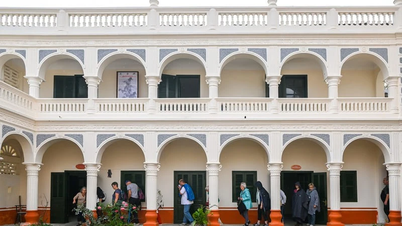














Comment (0)